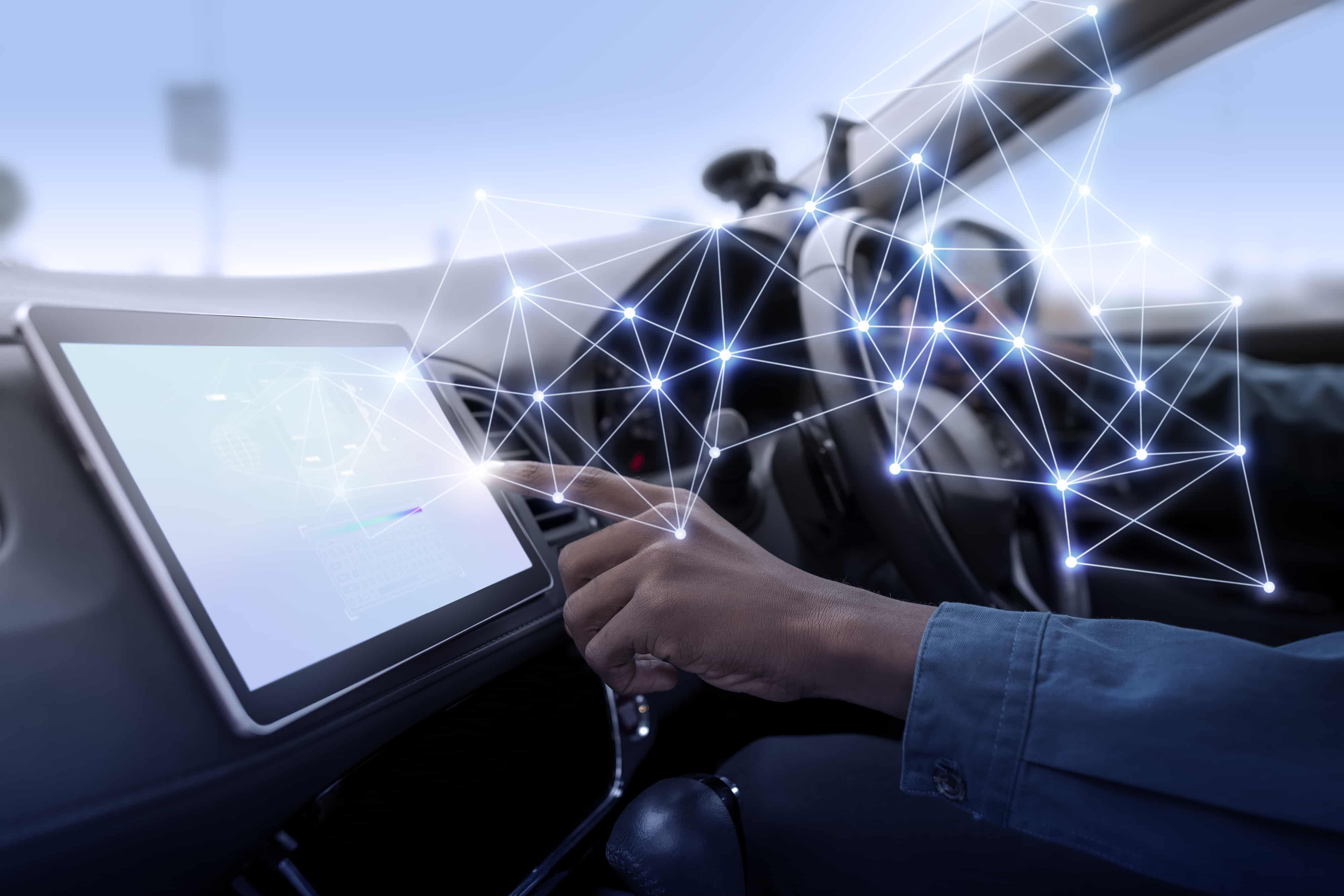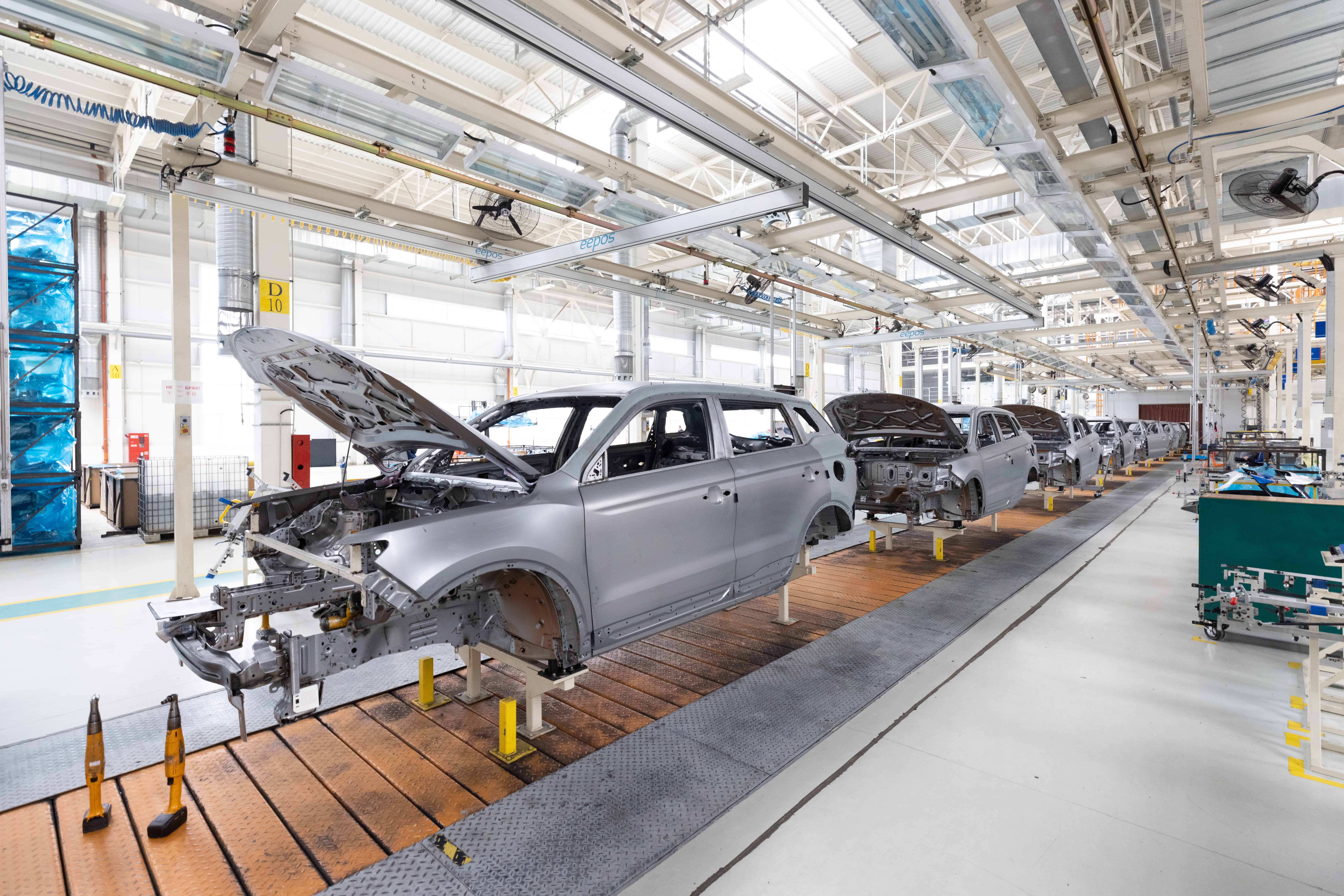Published February 08,2023
AI Is Revolutionizing the Automotive Sector
The automotive industry in India generates more than $100 billion in revenue, 8% of the nation's exports, and 2.3% of its GDP.
It's difficult to avoid the conversation about partially or completely driverless vehicles powered by artificial intelligence these days (AI). Both sceptics and supporters of key advances in the automobile industry have strong views on their advantages, disadvantages, and prospects for the future. Both Indian automakers and customers stand to gain from the changes that AI and its partner, big data, enable.
The automobile sector has relied on automation for many years, but there are some significant differences between traditional automation technologies and emerging AI applications. A machine programmed to repeat the same operation repeatedly on an assembly line is an example of the type of technology that is used in automation in the workplace. Contrarily, AI analyses data to continuously adapt for improved efficiency and forecast future events.
With applications for production, maintenance, and the driving experience, AI's promise goes well beyond what has been achievable with automation alone because it can be used to make predictions and respond to changing conditions. Here are five examples of how AI is being used in the automotive sector and why people need to be upskilled.
The next generation of electric and low-emission automobiles is being created with the aid of AI, according to engineers. Engineers are iterating on fast-charging technologies far more quickly than would be possible with conventional testing methods thanks to machine learning algorithms that can quickly predict how batteries will perform under various scenarios. Future drivers will also be helped by clever charging infrastructures to guarantee they never run out of electricity.
Tata, Mahindra, Kia, Maruti Suzuki, and Hyundai, among other businesses, are now testing completely autonomous vehicles, which are anticipated to become commonplace in the upcoming years. Lower degrees of self-driving technology are already commonplace, but a truly autonomous future is likely decades away due to testing, infrastructure, and legislation. Tesla's Autopilot and features like lane assist and self-parking are examples of current autonomous car technology. Since no manufacturing process is flawless, it's critical to swiftly spot parts and vehicles that don't adhere to brand standards. Porsche employs AI during testing to find noises that could be signs of issues, while Audi uses computer vision to spot broken parts. Additionally, AI can detect flaws up to 90% more accurately than humans, greatly decreasing future issues.
Particularly when substantial issues aren't discovered until after a physical vehicle is produced, traditional vehicle design and testing is an expensive and time-consuming endeavour. However, playing out specific situations has traditionally been done through computer modelling. Automotive experts can create models that exactly replicate every part of the vehicle design and test the vehicle in realistic, dynamic circumstances long before it is produced thanks to artificial intelligence for automobiles. Traditional assembly-line robots are not instances of artificial intelligence, but emerging AI applications utilised on the factory floor are revolutionising how vehicles are made. BMW, for instance, employs AI-powered robots to construct customised vehicles and drive materials by themselves while avoiding moving objects and humans.
For some time now, big data has been the talk of many different businesses, and for good reason. Data sets with greater diversity, greater velocity, and greater volume than ever before are referred to by this word. These data sets are too big and complicated to be processed using conventional approaches; instead, sophisticated statistical frameworks and intricate algorithms are needed. Data on consumer behaviour and preferences, driving habits, geographic locations, and other information are all examples of big data in the automotive sector. Big data is a key component of many artificial intelligence applications, which emphasises the importance of data analytics knowledge for automotive engineers.
 Author
Author




